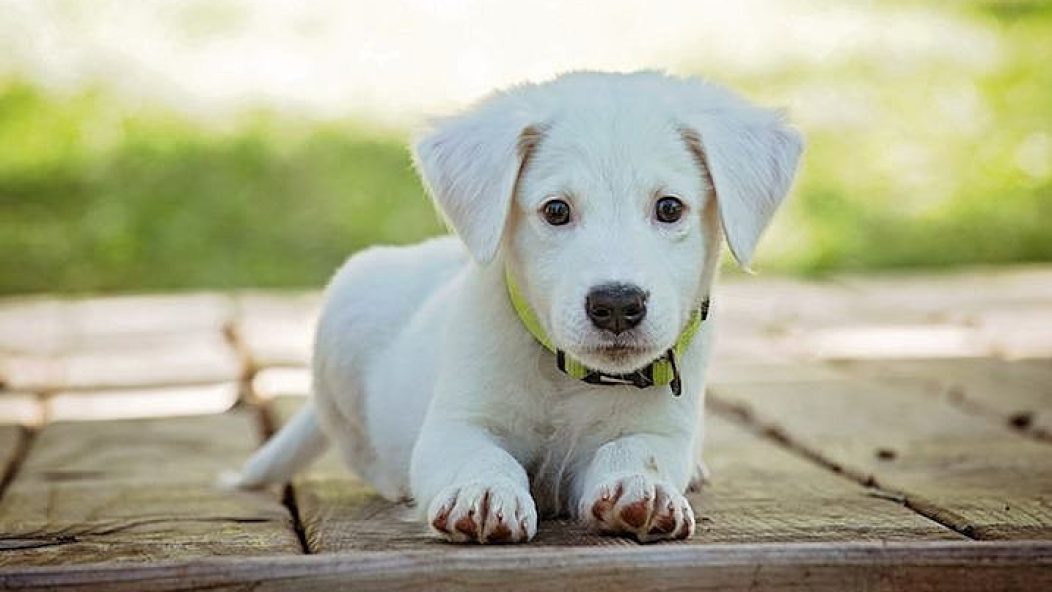
The word "doggo" could end up in the dictionary
It looks like “doggo” is a go: the word may legitimately wind up in the dictionary. At least, that's the probable case for “doggo” as far as Merriam-Webster is concerned—the reference book company has added the word to its slew of “Words We're Watching” for the upcoming year. Check it out!
Read more: 10 adorable interviews of bands playing with dogs
As reported by Bustle, Merriam-Webster's tweet announcing their lexicon-loving attention to “doggo” (that simply read, “Doggos”) set off a spate of Twitter users' replies regarding their “very, very good boys and girls”—check out some of the tweets below. It appears that doggo lovers the world over are ready for the meme-tastic word to get its due.
But did “doggo” actually start out as a meme? According to Know Your Meme, the word—unlike “pupper”—actually has historical linguistic origins. While “doggo” has grown as an internet slang term for dog (especially in 2017), its meaning as “remain[ing] motionless and quiet to escape detection” dates back to somewhere in the late 19th century.
“To 'lie doggo' was to stay hidden or to keep secret; to fly under the radar,” says Merriam-Webster. “The phrase was popularized by Rudyard Kipling, who used it in several of his stories, leading people to believe that it was actually Anglo-Indian in origin. Why 'doggo'? We can only speculate. Perhaps the phrase was meant to evoke the light sleep of dogs.”
But, hey, we all know the real reason why we love doggos—we just wanna take our minds off this garbage fire of a year! “Doggo saw a meteoric rise in use in 2017 and continues its upward trajectory,” the dictionary company relays, “as the nation turns its lonely eyes to dog pictures for comfort and some much-needed encouragement to carry on.”
That's right, we just want to be comforted by some doggos!
Doggos. https://t.co/G2n32twS4X
— Merriam-Webster (@MerriamWebster) December 27, 2017
Charley is the best doggo! pic.twitter.com/PlecjKnvFZ
— jane (@thejanegang) December 27, 2017
Adopted doggo. The best kind. pic.twitter.com/KRdi0MH8UH
— Mary Ullmer (@PressUnleashed) December 27, 2017
This doggo is named One Eyed Joe. He's a very good boy and is doing his best to keep up with the kids pic.twitter.com/DUOo85tu0r
— Cory McCoy (@TMT_Cory) December 27, 2017
Please say hello to Wolf, fearless rope hunter pic.twitter.com/cq8XYea4hD
— Jon Crowbane �� (@stormbeard) December 27, 2017
Maybe is a v good doggo. pic.twitter.com/w9soHrt59I
— Josie Richardson (@maybejosie_) December 27, 2017
Oh no, now our mentions are full of good boys and girls. Whatever shall we do except love every one.
— Merriam-Webster (@MerriamWebster) December 27, 2017









